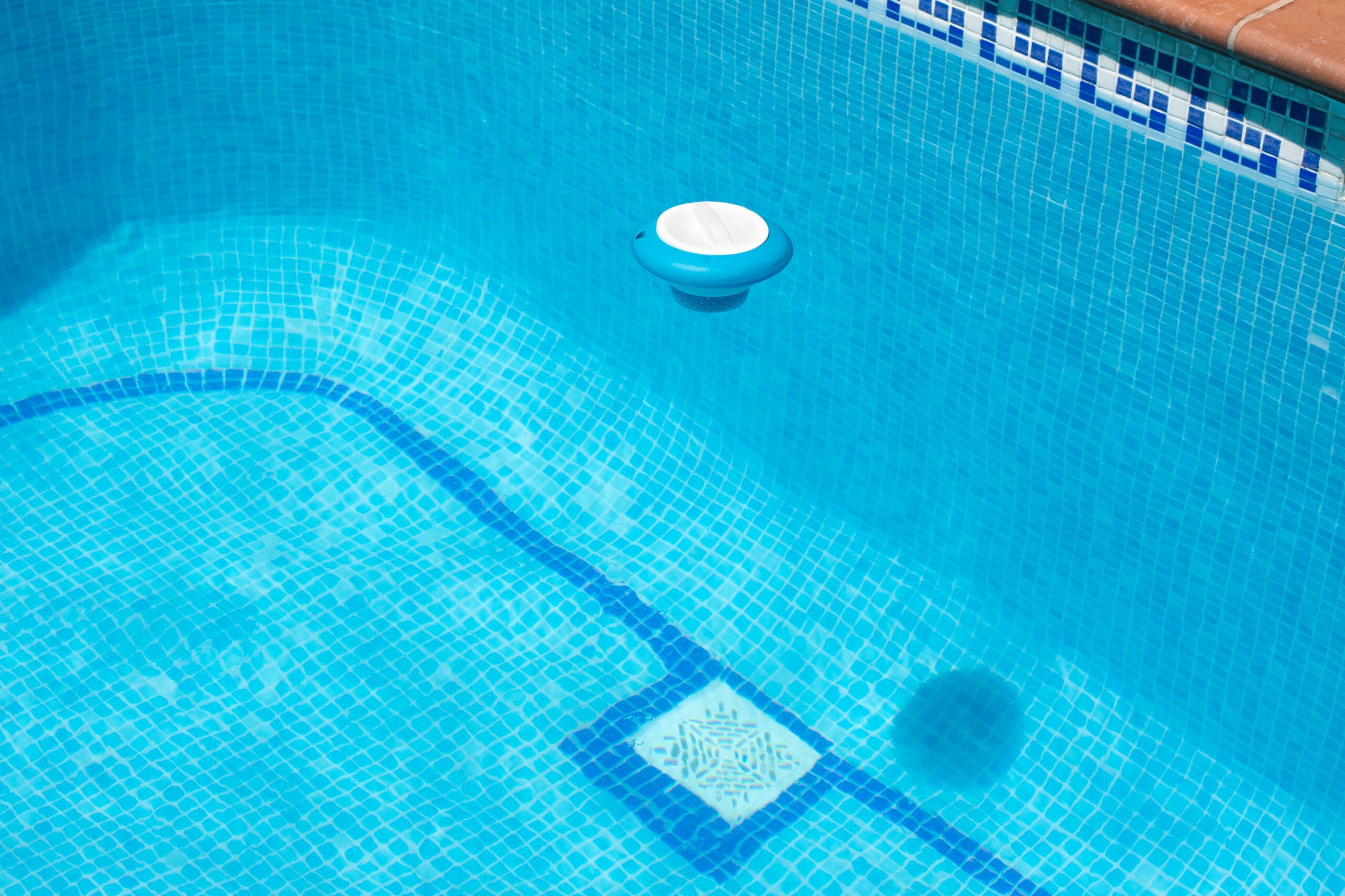Maintaining a clean and healthy swimming pool is essential for an enjoyable and safe swimming experience. One of the key components responsible for keeping pool water crystal clear is the pool filter. In this article, we will delve into the world of pool filters, their types, functions, and why they play a vital role in ensuring optimal water quality.
1. Understanding Pool Filters:
Pool filters are integral components of the pool’s circulation system, responsible for removing impurities and debris from the water. They help keep the water clean, clear, and safe for swimmers. The primary types of pool filters include:
a. Sand Filters:
Sand filters are the most common type of pool filters. They consist of a tank filled with specially graded sand that acts as the filtration medium. As water passes through the sand, the particles and debris are trapped, and clean water returns to the pool.
b. Cartridge Filters:
Cartridge filters use replaceable filter cartridges made of pleated polyester or other porous materials. The cartridge traps impurities and debris as water flows through it. These filters offer excellent filtration performance and are easy to maintain.
c. Diatomaceous Earth (DE) Filters:
DE filters use a fine powder called diatomaceous earth as the filtering agent. The DE powder coats a grid or mesh inside the filter, creating a highly efficient filtration surface. DE filters provide superior water clarity by capturing even the tiniest particles.
2. The Function of Pool Filters:
The main function of pool filters is to remove impurities, particles, and debris from the pool water. The filter’s role is to trap these contaminants, preventing them from circulating back into the pool. Here’s how pool filters work:
a. Filtration Process:
Pool water is pumped through the filter, where it passes through the filter medium (sand, cartridge, or DE). As water flows through the medium, it captures particles, debris, and contaminants, allowing only clean water to return to the pool.
b. Cleaning and Backwashing:
Over time, the filter medium becomes saturated with trapped debris. To maintain its effectiveness, the filter needs periodic cleaning. Sand filters and DE filters require backwashing, which involves reversing the flow of water through the filter to flush out the accumulated debris. Cartridge filters require regular cleaning or replacement of the cartridges.
3. Importance of Pool Filters:
Pool filters are crucial for maintaining optimal water quality and ensuring a safe swimming environment. Here are the key reasons why pool filters are important:
a. Removal of Debris and Particles:
Pool filters are designed to capture and remove debris, such as leaves, twigs, dirt, and other particles suspended in the water. By removing these impurities, filters help keep the water clean and visually appealing.
b. Prevention of Algae and Bacteria Growth:
Pool filters play a vital role in removing algae spores and bacteria from the water. By keeping the water properly filtered, they help prevent the growth of these microorganisms, ensuring a sanitary swimming environment.
c. Improved Water Clarity:
Pool filters are instrumental in achieving and maintaining clear water. They remove fine particles and sediments that can make the water appear cloudy or dull, providing swimmers with a visually appealing swimming experience.
d. Enhanced Efficiency of Pool Chemicals:
Proper filtration ensures that pool chemicals, such as chlorine, are distributed evenly and effectively throughout the water. This improves the efficiency of chemical treatments, helping to maintain the water’s balance and sanitization.
4. Maintenance and Care:
To ensure the optimal performance of pool filters, regular maintenance and care are essential. Consider the following maintenance tips:
a. Regular Cleaning or Replacement:
Clean or replace filter cartridges as recommended by the manufacturer. Backwash sand or DE filters when the pressure gauge indicates the need for cleaning.
b. Inspect and Maintain the Filter System:
Regularly inspect the filter system for any signs of damage or leaks. Ensure that the pump, valves, and pressure gauges are functioning correctly.
c. Professional Servicing:
Consider professional servicing to perform thorough cleaning, inspection, and maintenance of the pool filter system. Professionals can also assess and address any specific issues or concerns.
Conclusion:
Pool filters are vital for maintaining clean and clear pool water. Whether you choose a sand filter, cartridge filter, or DE filter, their role in removing debris, particles, and contaminants is crucial for a safe and enjoyable swimming experience. By understanding the importance of pool filters and implementing proper maintenance, you can ensure the optimal performance and longevity of your pool filtration system, keeping your pool water sparkling and inviting for all to enjoy.





